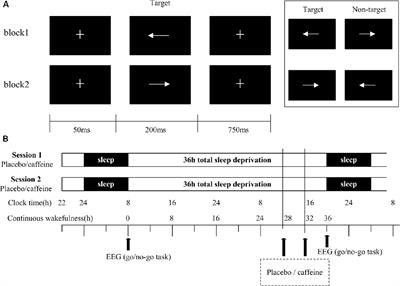EDITORIAL
Published on 02 Nov 2021
Editorial: Cognitive Control of Emotions in Challenging Contexts
doi 10.3389/fnbeh.2021.785875
- 3,049 views
- 1 citation
26k
Total downloads
127k
Total views and downloads
EDITORIAL
Published on 02 Nov 2021
ORIGINAL RESEARCH
Published on 09 Mar 2021
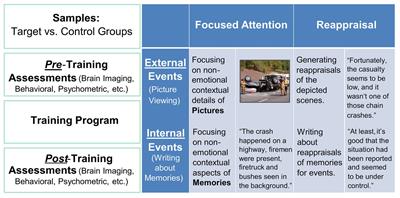
ORIGINAL RESEARCH
Published on 15 Oct 2020
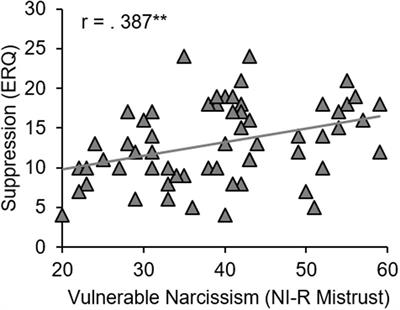
ORIGINAL RESEARCH
Published on 02 Sep 2020
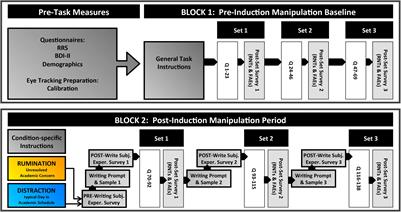
ERRATUM
Published on 21 Aug 2020
ORIGINAL RESEARCH
Published on 11 Aug 2020
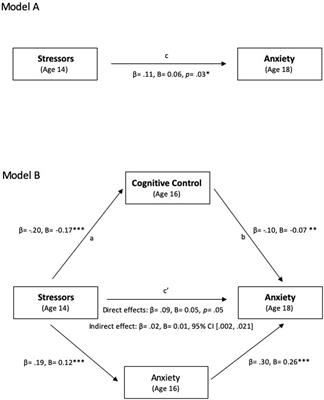
ORIGINAL RESEARCH
Published on 28 Jul 2020
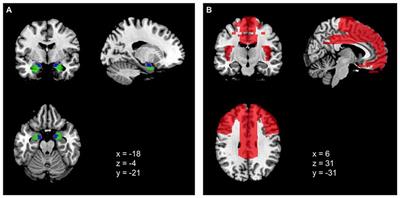
ORIGINAL RESEARCH
Published on 14 Jul 2020
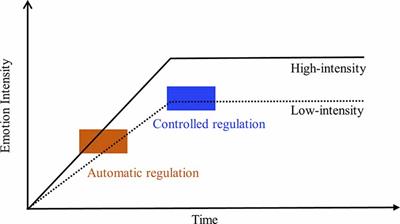
BRIEF RESEARCH REPORT
Published on 30 Jun 2020

ORIGINAL RESEARCH
Published on 25 Jun 2020
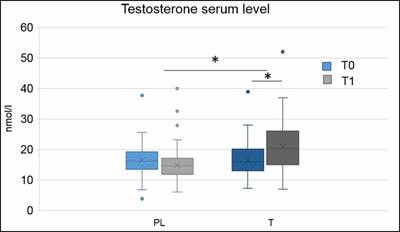
ORIGINAL RESEARCH
Published on 23 Jun 2020
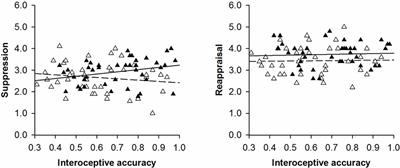
ORIGINAL RESEARCH
Published on 22 Jun 2020
